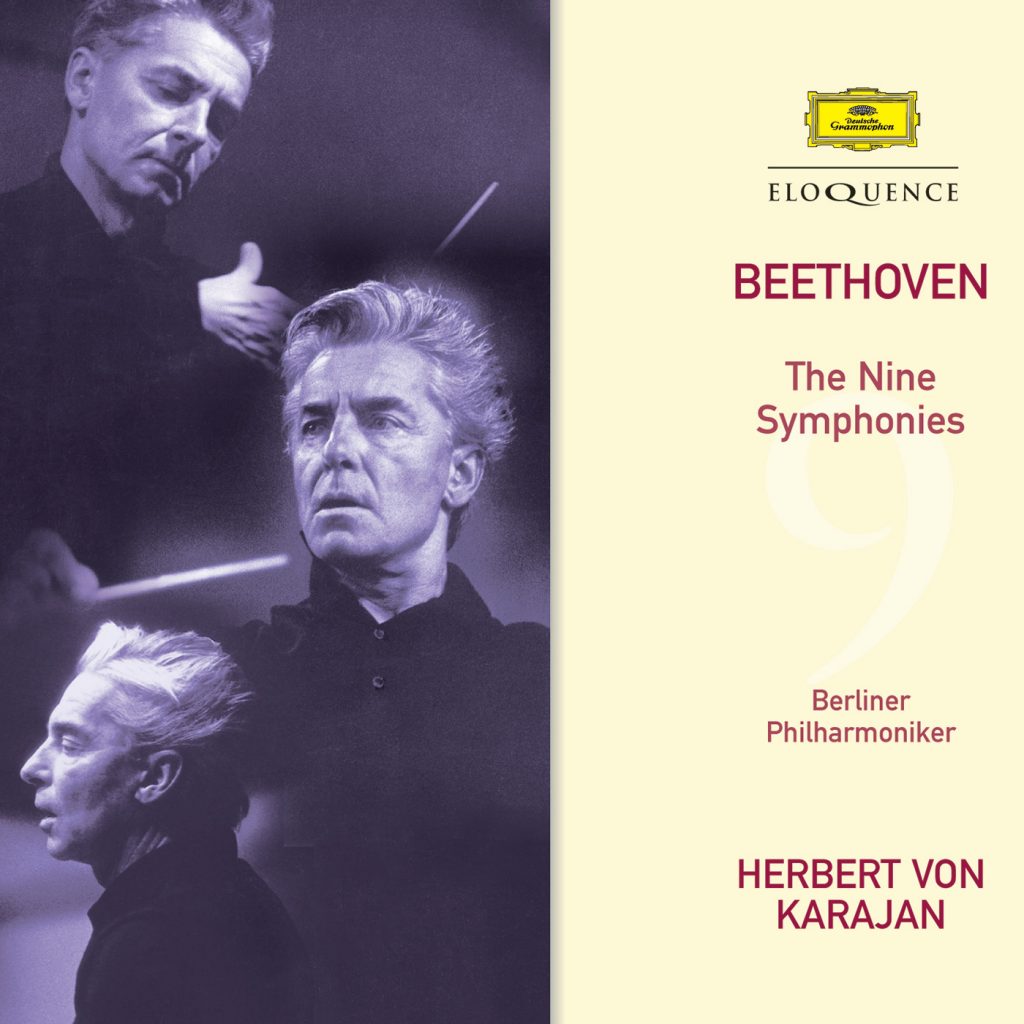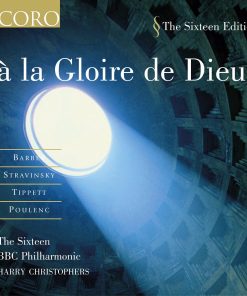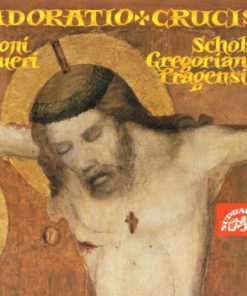Beethoven: 9 Symphonien – Karajan, Berlin Philharmonic (5 CDs) Deutsche Grammophon
$ 19,99 $ 11,99


Karajan recorded the Complete Symphonies of Beethoven no fewer than 4 times for DG, but this first 1963 recording was financially the most daring, artistically the most radical, and commercially the most successful.
It was estimated that over 100,000 boxes would have to be sold if Deutsche Grammophon’s gargantuan 1.5 million Deutschmark investment was to be recouped. The head of a rival company predicted that Deutsche Grammophon was heading for “a colossal financial catastrophe”.
By 1973 nearly one million sets had been sold, ten times the original breakeven estimate. 50 years on from its original launch, the set remains the best-selling Beethoven cycle of all time.
The 1963 Berlin set dazzled like no other, aided in no small measure by the clean, clear, daringly “lit” recordings made in Berlin’s Jesus-Christus-Kirche by the young Günter Hermanns whose debut as Karajan’s principal recording engineer this was.
Critics and the record-buying public were enthused above all by the urgency and beauty of the music-making and by a fierce sense of joy which reached its apogee in a thrillingly played and eloquently sung account of the finale of the epic Ninth Symphony.
LUDWIG VAN BEETHOVEN
CD 1
Symphony No. 1 in C major, Op. 21
Symphony No. 3 in E flat major, Op. 55 ‘Eroica’
CD 2
Symphony No. 2 in D major, Op. 36
Symphony No. 4 in B flat major, Op. 60
CD 3
Symphony No. 5 in C minor, Op. 67
Symphony No. 6 in F major, Op. 68 ‘Pastoral’
CD 4
Symphony No. 7 in A major, Op. 92
Symphony No. 8 in F major, Op. 93
CD 5
Symphony No. 9 in D minor, Op. 125 ‘Choral’
Walter Berry, baritone
Gundula Janowitz, soprano
Waldemar Kmentt, tenor
Hilde Rossi-Majdan, mezzo-soprano
Berlin Philharmonic Orchestra
Herbert von Karajan
Fast Shipping and Professional Packing
Due to our longstanding partnership with UPS FedEx DHL and other leading international carriers, we are able to provide a range of shipping options. Our warehouse staff are highly trained to pack your goods exactly according to the specifications that we supply. Your goods will undergo a thorough examination and will be safely packaged prior to being sent out. Everyday we deliver hundreds of packages to our customers from all over the world. This is an indication of our dedication to being the largest online retailer worldwide. Warehouses and distribution centers can be located in Europe as well as the USA.
Orders with more than 1 item are assigned processing periods for each item.
Before shipment, all ordered products will be thoroughly inspected. Today, most orders will be shipped within 48 hours. The estimated delivery time is between 3-7 days.
Returns
The stock is constantly changing. It's not entirely managed by us since we are involved with multiple parties such as the factory and our storage. The actual stock can fluctuate at any time. Please understand it may happen that your order will be out of stock when the order is placed.
Our policy is valid for 30 days. If you haven't received your product within 30 days, we're not able to issue either a return or exchange.
You are able to return a product if it is unused and in the same condition when you received it. It must also still remain in the original packaging.
Related products
MUSIC CD
MUSIC CD
MUSIC CD
MUSIC CD
MUSIC CD





















































